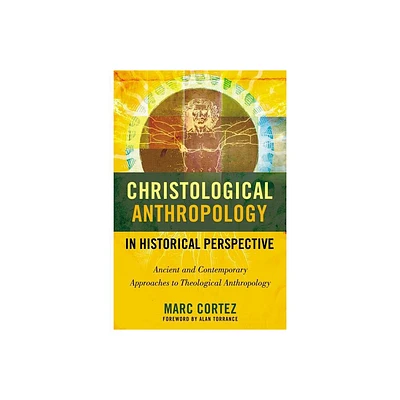Home
Fathers of the Lega: Populist Regionalism and Nationalism Historical Perspective
Loading Inventory...
Barnes and Noble
Fathers of the Lega: Populist Regionalism and Nationalism Historical Perspective
Current price: $180.00


Barnes and Noble
Fathers of the Lega: Populist Regionalism and Nationalism Historical Perspective
Current price: $180.00
Loading Inventory...
Size: Hardcover
*Product Information may vary - to confirm product availability, pricing, and additional information please contact Barnes and Noble
This book investigates the historical roots of the Italian Republic’s oldest surviving political party, the populist far right Lega (Nord), tracing its origins to post-war Italy.
The author examines two main case studies: the Movements for Regional Autonomy (MRAs), the Piedmontese Movement for Regional Autonomy (the MARP) and the Bergamascan Movement for Autonomy (the MAB), both of which formed a first wave of post-war populist regionalism from 1955 until 1960. The regionalist leagues which later emerged in both Piedmont and Lombardy in the 1980s – and which would later form part of the Lega Nord – represented in many ways a revival of the MRAs’ populist regionalist discourse and ideology and, therefore, a second wave of post-war populist regionalism. Despite this, neither the MRAs nor the twenty year gap between these waves of activism have received the attention they deserve. Drawing on a series of archival and secondary sources this book takes an innovative approach which blends concepts and theories from historical sociology and political science. It also provides a nuanced examination of the continuities and discontinuities between the MRAs and the Lega from the 1950s until time of publication. This contributes to debates not only in contemporary Italian history, but also populism and the far right.
While rooted in historical approaches, the book’s interdisciplinarity makes it suitable for students and researchers across a variety of subject areas including European history, modern history, and political history.
The author examines two main case studies: the Movements for Regional Autonomy (MRAs), the Piedmontese Movement for Regional Autonomy (the MARP) and the Bergamascan Movement for Autonomy (the MAB), both of which formed a first wave of post-war populist regionalism from 1955 until 1960. The regionalist leagues which later emerged in both Piedmont and Lombardy in the 1980s – and which would later form part of the Lega Nord – represented in many ways a revival of the MRAs’ populist regionalist discourse and ideology and, therefore, a second wave of post-war populist regionalism. Despite this, neither the MRAs nor the twenty year gap between these waves of activism have received the attention they deserve. Drawing on a series of archival and secondary sources this book takes an innovative approach which blends concepts and theories from historical sociology and political science. It also provides a nuanced examination of the continuities and discontinuities between the MRAs and the Lega from the 1950s until time of publication. This contributes to debates not only in contemporary Italian history, but also populism and the far right.
While rooted in historical approaches, the book’s interdisciplinarity makes it suitable for students and researchers across a variety of subject areas including European history, modern history, and political history.


















